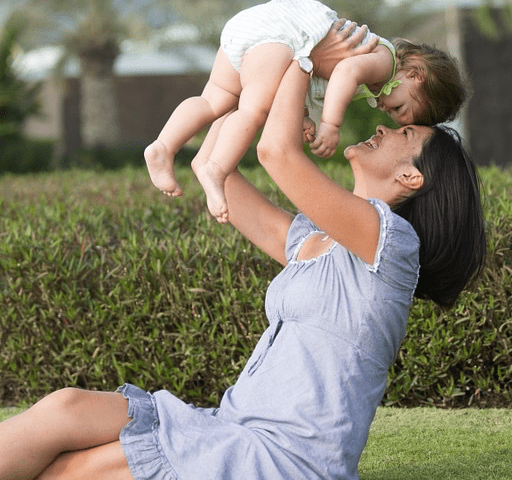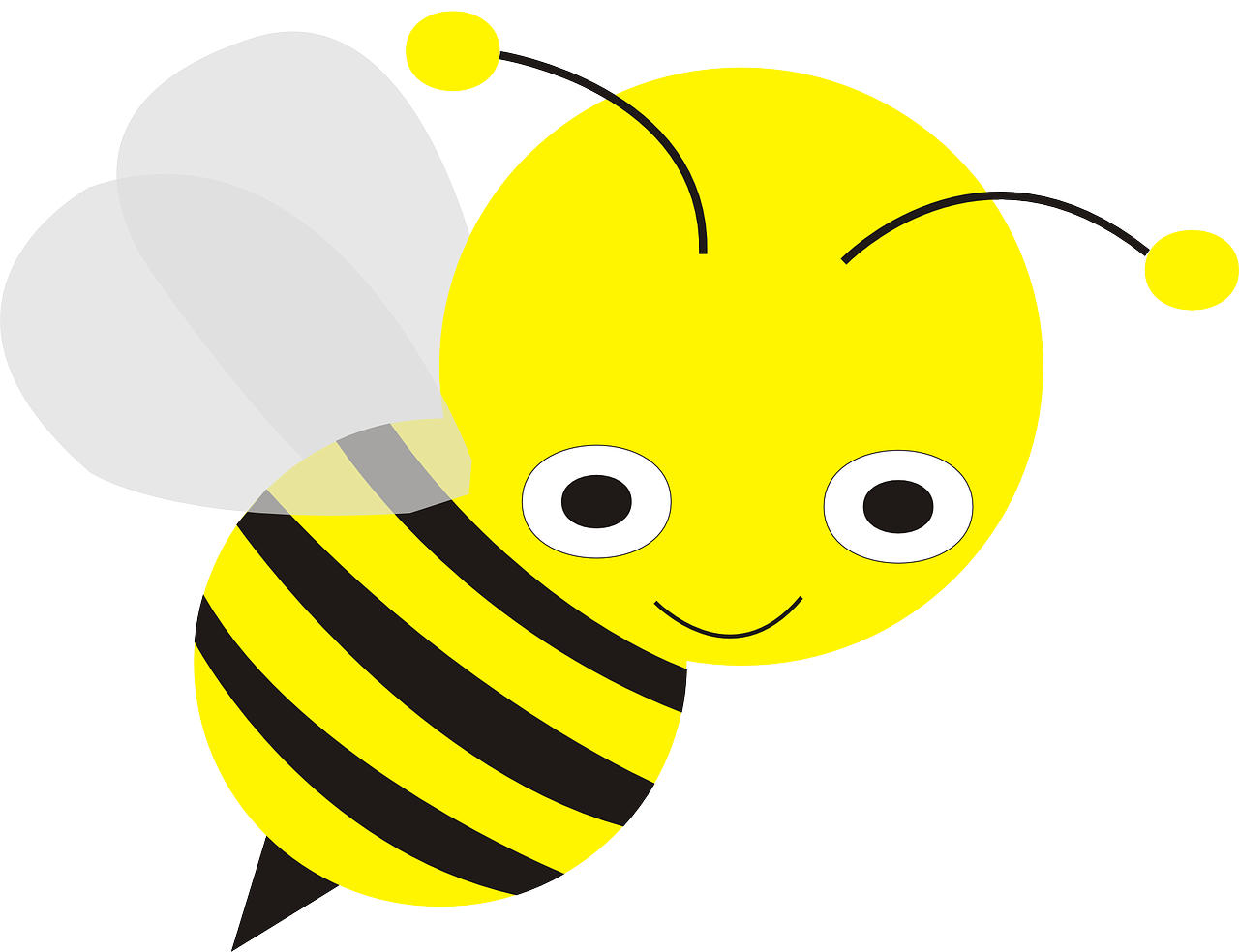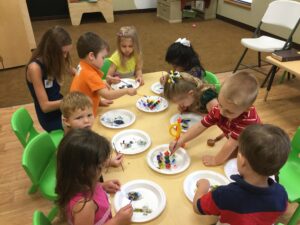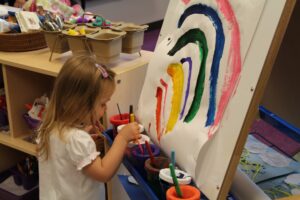
When we hurt, insult or label someone we love, whose character is just starting to form, we’re obviously not helping their self-esteem.
Discipline and self-esteem have an important connection, especially when talking about toddlers.
“When you punish, slap, spank or yell, is it working? It’s not just that you’re saying something negative that makes a child feel bad about himself but we also need to realize that it doesn’t work.” says Nancy Samalin, M.S. and founding director of Parent Guidance Workshops in New York City.
A Practical Approach
An internationally acclaimed speaker and author of 3 popular books, Nancy Samalin educates and helps parents get along with kids. Nancy says “I think the emphasis should be on practical rather than theoretical approaches.”
Ms. Samalin’s books do not tell parents what they “should” do but offer concrete information that they can use immediately in the here and now.
Children not only learn by what we tell them; that is why it is so important that parents become educated in the ways to deal effectively with young children in a positive way, so as to form a foundation for their healthy self esteem.
Parents of toddlers often use the word “no” too much.
“Save the ‘no’s for serious stuff,”
Nancy Samalin advises parents, “and keep in mind that toddlers have a limited vocabulary. Set limits on hurtful and dangerous behavior and let the small stuff go.” Giving the toddler more areas that are childproof means less need to constantly admonish and correct the child. Limited rules are necessary, but are rarely respected by young children. And it’s exhausting for a parent to be spending all of her time trying to enforce too many rules.
How to understand toddlers deliberate behavior and unintentional behavior.
Deliberate behaviors are unacceptable such as biting, hitting or purposely spilling milk. When parents assume that kids are misbehaving on purpose they are bound to get angry. Some behavior is age-appropriate.
“Discipline can be defined as the ability to set limits (which all kids need and very few want) without putting them down or making them feel bad about themselves,” says Nancy Samalin. Getting messages across clearly and simply without putting your child down (i.e.telling them that something is wrong with them) is key to your child’s confidence and esteem.
Avoid Labels
Nancy Samalin speaks about the power of words. “We speak the least care to the people we care the most about.” For the toddler whose character is still developing, we need to avoid labelling him or telling him what’s wrong with him. Mrs. Samalin says to try the “I’m mad vs.your bad” concept.
“For example, as seeing your child spill milk on purpose, you don’t want to say ‘you’re so messy’ but you can say ‘I don’t like that.’ Or talk about the milk: say ‘we drink milk, not pour it on the floor’. Using the word ‘you’ plus a negative word is saying to a child that something is wrong with you.”
When we talk this way children can’t help but feel as though they’re not ok or that they are a disappointment to their parents. Words, tone and expressions are picked up on by the toddler. “We need to use our words carefully,” says Samalin .
Turning Negative to Positive
For example, one mistake that parents often make is asking a child who is jumping on the table “What are you doing?”. It’s obvious the child isn’t about to tell you! You might say “no jumping on the table” or just remove them from the table.
You might even turn this unacceptable behavior into a positive experience by taking the child and saying “the floor is where we jump. I know how much you like to jump. So let’s jump together.” Offering an alternative is an effective way to redirect misbehavior.
Nancy knows that all parents no matter how loving get mad at their kids. Getting angry especially at toddlers is inevitable. The goal is to express anger without hurting your child (Love and Anger, Chapter 9).
Parents Need Time Out Too
Any parent of a toddler is familiar with the term “time out” “which offers a child a chance to cool down. But time out shouldn’t only be for kids. For a parent who is very angry and about to hit or insult her child, a time out, too, is beneficial.” Whereas discipline is teaching and guiding, punishment is different in that it hurts children whether physically or emotionally.
A parent needs to consider the importance of acknowledging good behavior, not just focus on the negative. “Whenever a child does something helpful or thoughtful be sure to say something specific or even hug them,” says Samalin. “Saying something as simple as ‘I like that’ or ‘I admire that’ is important. Point out the positive in a concrete way.”
When a child’s behavior is pleasing, a parent often believes a reward reinforces the act.
“The best reward for a young child should be your approval and your delight in them. Parents often believe a reward has to be something material. The best reward to give your child is your time.” This is tough today because parents are so busy.
Little things such as letting the answering machine pick up the phone while reading to a child is reinforcing that they are important. Reading with a child is one of the best activities you can share with them. The one on one closeness emphasizes how important they are.
“Read the book with enthusiasm and read a book that you enjoy as well,” advises Samalin. Many parents believe that lots of sports and numerous activities are essential to their young child’s confidence and esteem, whether their child wants to be there or not. It’s not unusual today to hear of toddlers in dance, art, soccer or karate classes. Many parents have their kids over-scheduled, going from appointment to appointment.
Don’t Over Schedule
“Parents push too much. Children don’t have to be occupied every minute of the day,” Samalin says “they need lots of downtime.” Mrs. Samalin reminds parents that child does not need a room full of toys nor to be glued to a television set for hours at a time (please don’t keep a television in your child’s room).
When asked how to spot or know if a toddler’s esteem is healthy, Nancy Samalin gave this simple definition “A healthy toddler is a child who is able to be silly, funloving, full of laughter and energy.”
When it comes to esteem and your toddler, Nancy reminds parents of the one thing children need most – to have the adults in their lives enjoy them as they are and not as they wish they would be.
“A child’s self-esteem grows from the delight he sees in our eyes.”
Nancy Samalin is the author of LOVING YOUR CHILD IS NOT ENOUGH – Positive Discipline That Works, LOVE AND ANGER: The Parental Dilemma and LOVING EACH ONE BEST – A Caring and Practical Approach to Raising Siblings.
For more information about her books, her Parent Guidance Workshops or to contact Nancy about speaking arrangements and workshops









